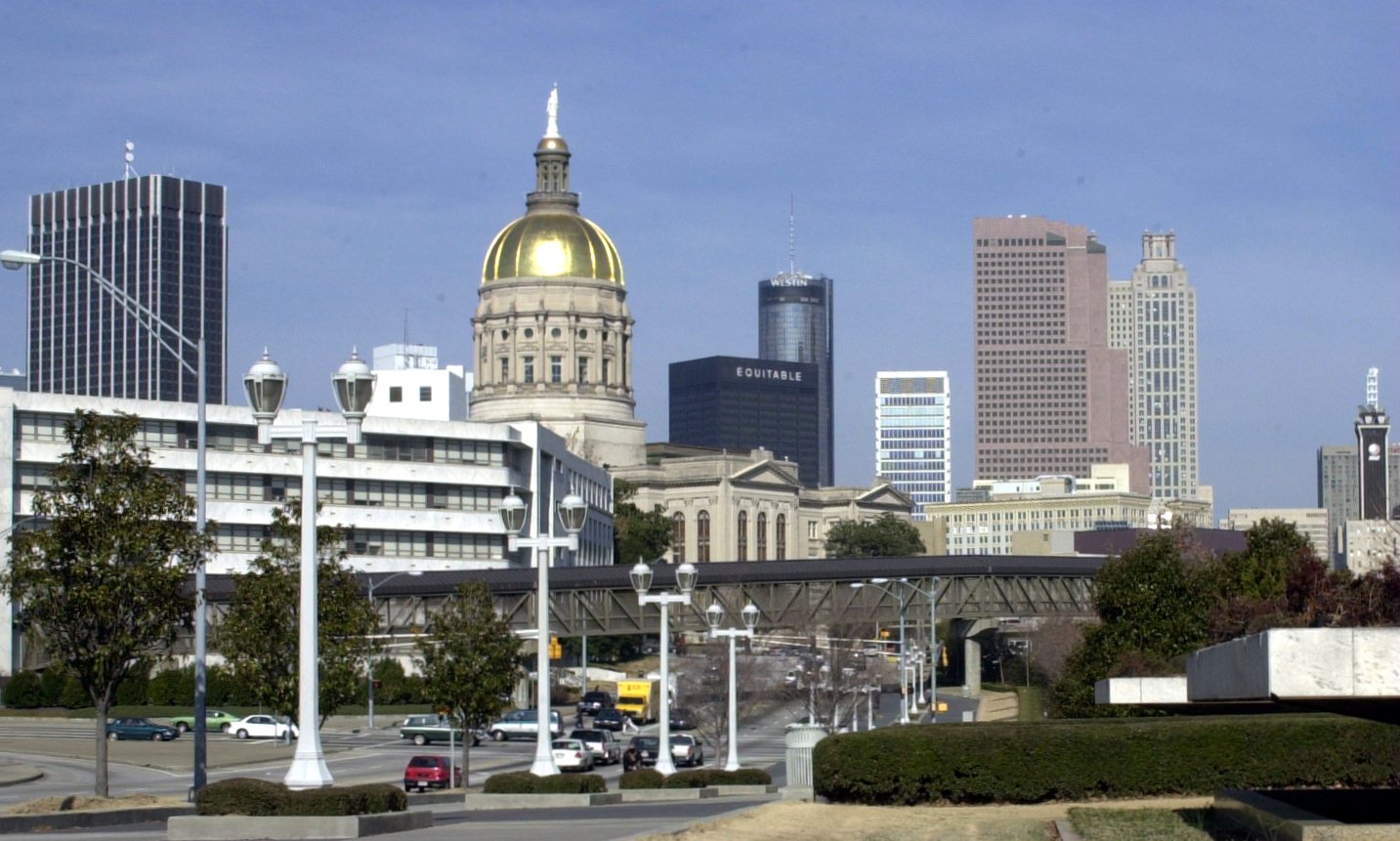ATLANTA -- State lawmakers voted Thursday to overhaul Georgia's criminal sentencing laws in the hope of controlling growing prison costs, while the General Assembly was still debating dozens of remaining bills including measures to cut unemployment benefits and ban picketing at homes on the last day of its annual session.
House lawmakers voted 162-0 without debate to approve legislation sought by Republican Gov. Nathan Deal that is supposed to steer more nonviolent offenders into rehabilitation instead of prison. The provision would raise the monetary threshold for most theft crimes, require most people -- though not clergy -- to report suspected child abuse and restrict who can gain access to a jobseeker's criminal record.
Money is a key motivator for changing the criminal laws. The state's prison population has more than doubled in the last two decades to more than 56,000 inmates and costs about $1 billion annually. Spending on prisons limits the state's ability to spend money on other priorities as Georgia slowly recovers from a deep recession.
Lawmakers also sent to Deal a bill that would fund new charter schools created by the state government. Voters must decide in a November referendum whether to change the state constitution so state officials can approve the creation of charter schools even if local officials object.
Still unresolved was whether lawmakers would approve a ban on picketing outside homes. The original bill from Sen. Don Balfour, R-Snellville, would have banned labor unions from holding those pickets. Late Tuesday, Rep. Wendell Willard, R-Sandy Springs, amended the bill to remove the reference to labor unions because he said targeting a specific class of people -- in this case, organized labor -- would be unconstitutional.
House lawmakers initially put the picketing ban on their calendar for the second-to-last day of their session but never voted on it. It remained unclear Thursday whether lawmakers would vote on the bill.
Balfour said people should have a right to privacy at home and that his bill would not stop unions from picketing businesses.
Anti-abortion activists, Occupy Atlanta protesters and the Georgia Tea Party Patriots are among the opponents who lined up against the bill, saying it is unnecessary and could curtail their free speech rights. The bill would also force unions to annually seek permission to deduct union dues from their members' paychecks.
"It's really big government of the worst kind," said Christopher Barner of Teamsters Local 728, which represents about 7,000 workers. "Republicans are often talking about how they're against big government, but in this particular case they're just willing to interfere in the private sector."
People involved in tax disputes with Georgia officials could take the cases to a specialized tax tribunal under legislation adopted by lawmakers. Rep. Allen Peake, R-Macon, said the new court will allow judges to specialize in tax law and result in better, more consistent rulings.
AP education writer Dorie Turner contributed to this report.

